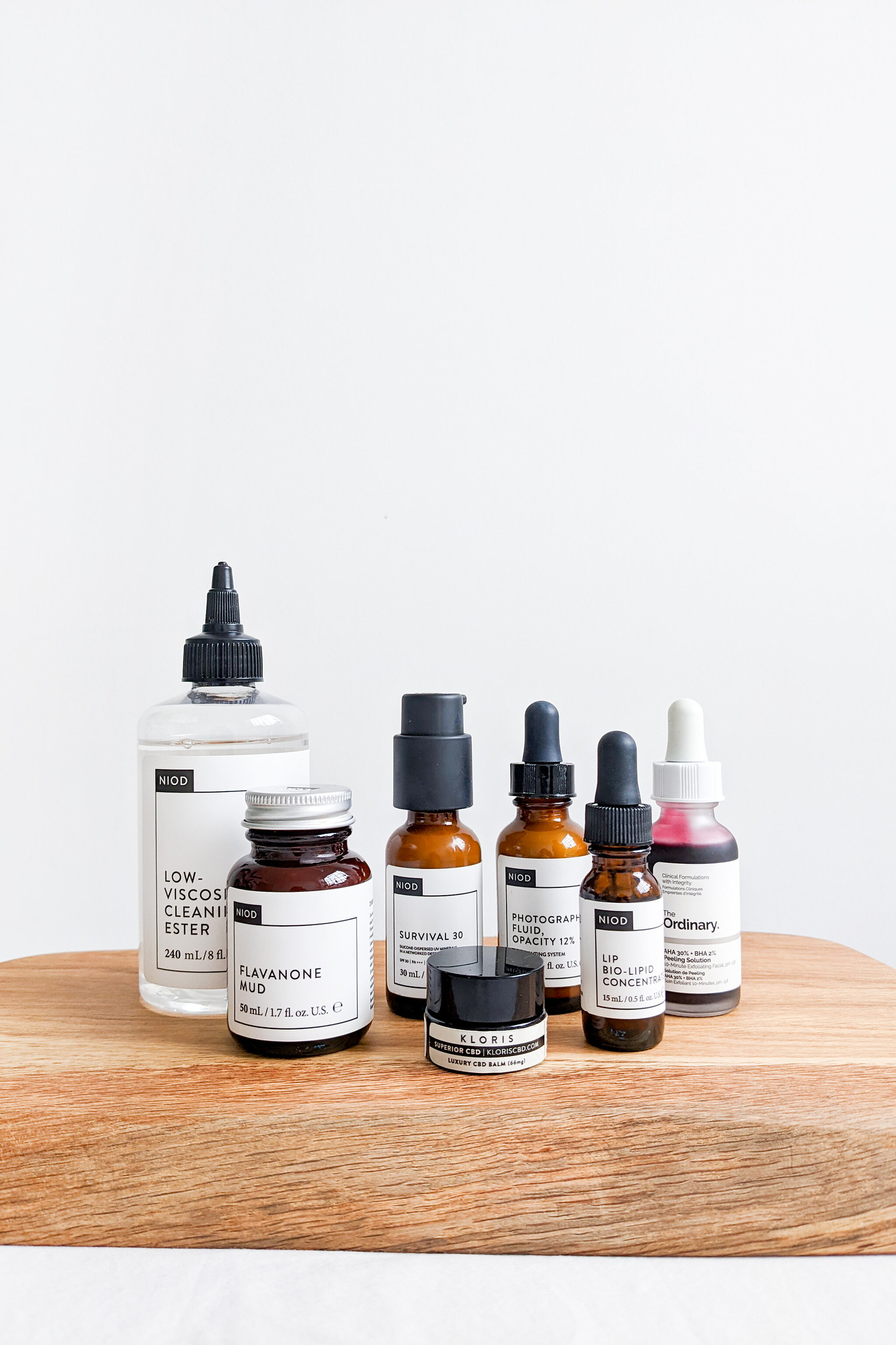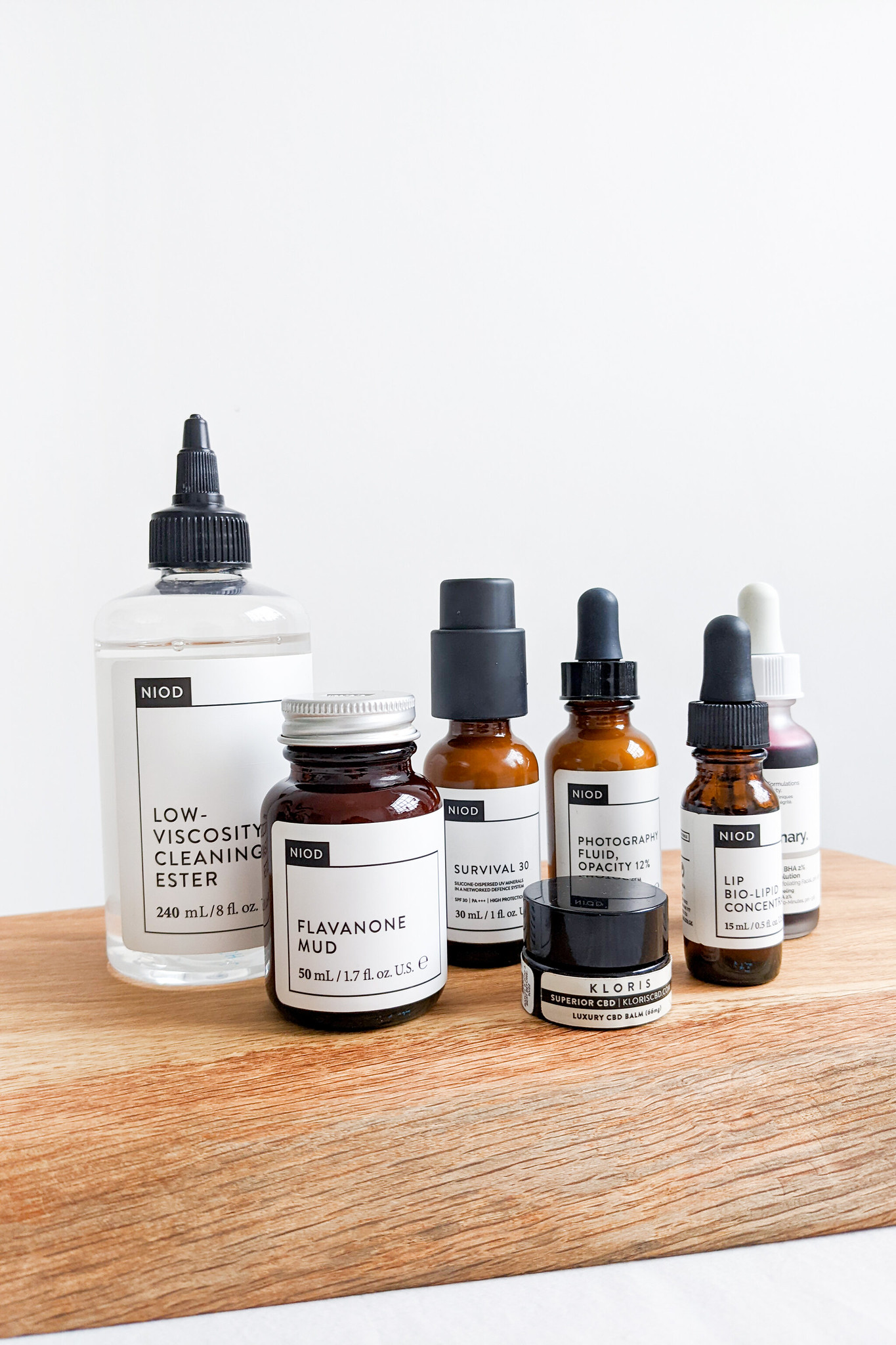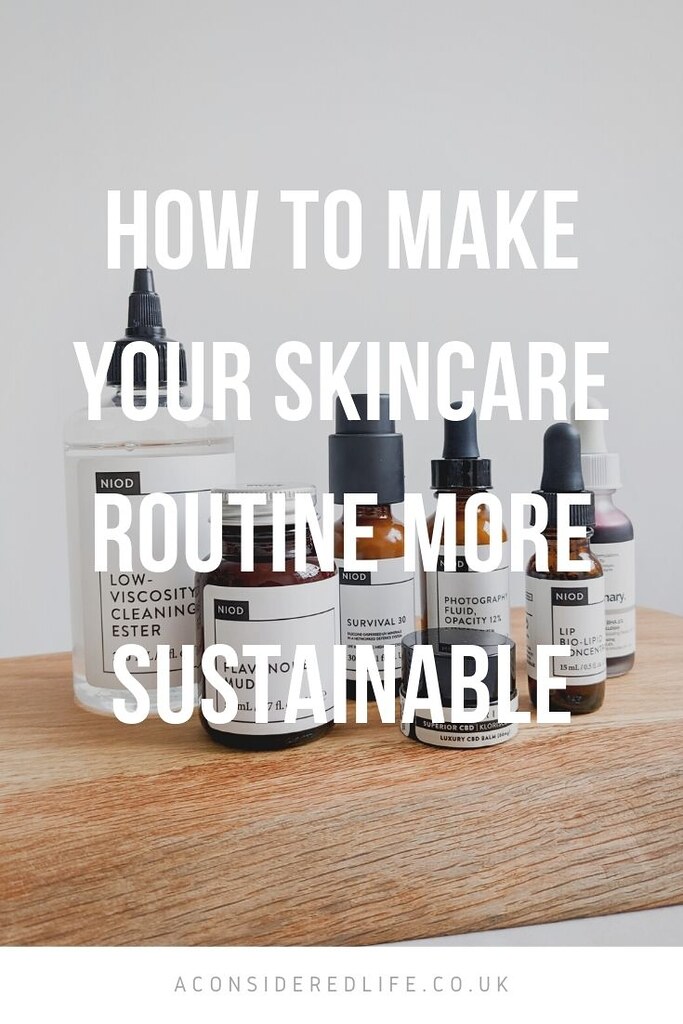
Despite the increased public awareness about the damage fast fashion causes to our environment; when it comes to the beauty industry, conversation on sustainability have fallen behind, despite it being one of the world's largest polluters. That's largely due to the industry's heavy reliance on single-use plastic packaging, and harmful ingredients that end up in our seas.
The disposable bottles we squeeze our skincare from often aren't recycled. The make-up wipes and sheet masks find their way into our waterways. The sample packets and miniatures we always take for free but never use almost always end up in landfill. It's not surprising then that between 20 and 40 per cent of beauty products become waste, and very little of the 120 billion units of packaging created every year ends up being recycled.
In order to put pressure of beauty brands to invest in eco-friendly packaging for their products, and the ingredients used to make them; as well as reducing our own personal waste at home. Where we spend our money is powerful. It's crucial we make more sustainable choices when it comes to the brands we shop with and the products we buy. If you're looking for ideas on how to make your skincare routine more sustainable, keep reading.

Use Up What You Already Have
The most sustainable thing to use is the one we already have. So before switching up your routine or buying new products, use everything up first. This is especially important when you're trying to move towards plastic-free alternatives. There's a temptation to throw away all the plastic products you already own for brand new eco-alternatives. It's better to work through what you already have, even if it's not in the most sustainable packaging.
There may be products that didn't work out for you. While you might not want to use them on your skin, that doesn't mean they have to go to waste. Consider whether they can be sold or given away to someone you know wants them. Alternatively donate sealed and unused products to a local shelter, if it's something they need and can pass on. Donating to a charity shop should be a last resort, as often many things do not make it to the shop floor and end up wasted. It's important to be mindful when decluttering so that we do it responsibly.
Make Zero Waste Swaps In The Bathroom
When your skincare (or beauty) products start to run out, it's a good time to have eco-friendly alternatives in mind to replace them with. Try to do this before your current ones run out, otherwise you might find yourself panic-buying a substitute. Here is a list of zero waste swaps with bathroom specific products. The goal is to swap out the plastic bottles for reusable or recyclable ones, and switch disposables for reusables. The bathroom is a great place to start when it comes to making our lives less wasteful. It's the room with the most disposables that can be replaced with sustainable alternatives.
Disposable bottles of hand soap or body wash can be switched out for refillable bottles or bars. Disposable razors, make-up wipes, and cotton buds can be replaced with reusables. There are plenty of options when it comes to menstrual products too, from eco-friendly tampons to reusable pads and cups. The best thing about making these zero waste swaps is that they often save you money too.
Switch To 'Cruelty-Free' Skincare
There is an abundance of cruelty-free skincare and beauty products available on the market now, there really is no excuse for continuing to buy from brands who test on animals, or use them for ingredients in their products. Even if you have delicate skin that needs special treatment, there are plenty of options both from small brands to large businesses that will cater to your needs without relying on the exploitation of humans or animals.
Here is a guide to cruelty-free, vegan-friendly, and natural beauty with definitions and certifications to look out for when buying products; and a directory of cruelty-free skincare to help you find replacements for your current ones. Small, independent businesses almost never test on animals, and often avoid animal ingredients in their products. There are also many larger brands that have completely vegan ranges, so finding an alternative shouldn't be difficult.
Buy Less, and Buy From Eco-Friendly Brands
Before replacing a skincare product or beauty item that you've used up, consider whether it needs replacing at all. It might be possible to find a multi-purpose alternative, or skip the purchase altogether. Streamlining your skincare routine down to a carefully chosen selection of products has the potential to save you money, improve your skin, and make your routine more sustainable. If you can go without it, try not to buy it.
If a purchase must be made, look for eco-friendly options. Ideally purchased from local shops, or altogether online to reduce the amount of deliveries you receive. This will help reduce the impact your shopping habits have on the environment. Look for products that either have no packaging at all, or packaging that is easily recyclable, refillable or reusable, and is plastic-free.
Refill Rather Than Replace
Recycling is good, refilling is even better. There aren't that many options when it comes to refillable skincare products at the moment but brands are slowly moving towards this type of packaging. It gives consumers the option to cut down on packaging waste, saving a little money in the process. The best option is visit a refill station at your local bulk store. This is where you can take your own container to refill from a dispensing pump, skipping the need for any packaging at all. Alternatively you can buy in bulk to cut down on packaging waste.
Just be careful that what you're buying is a genuine sustainable solution rather than a feel good waste of time. Many of the big brands like to cut corners by making it seems as though they're offering an eco-friendly solution, when it's really nothing more than greenwashing. The most popular refill option currently available are individually sealed pouches that you squeeze out to refill a bottle you already own. The problem is, a lot of these pouches are made from similar materials to the original product, and can only be recycled by Terracycle. If that's the choice, you might as well opt for a non-refillable product you can recycle at home.

